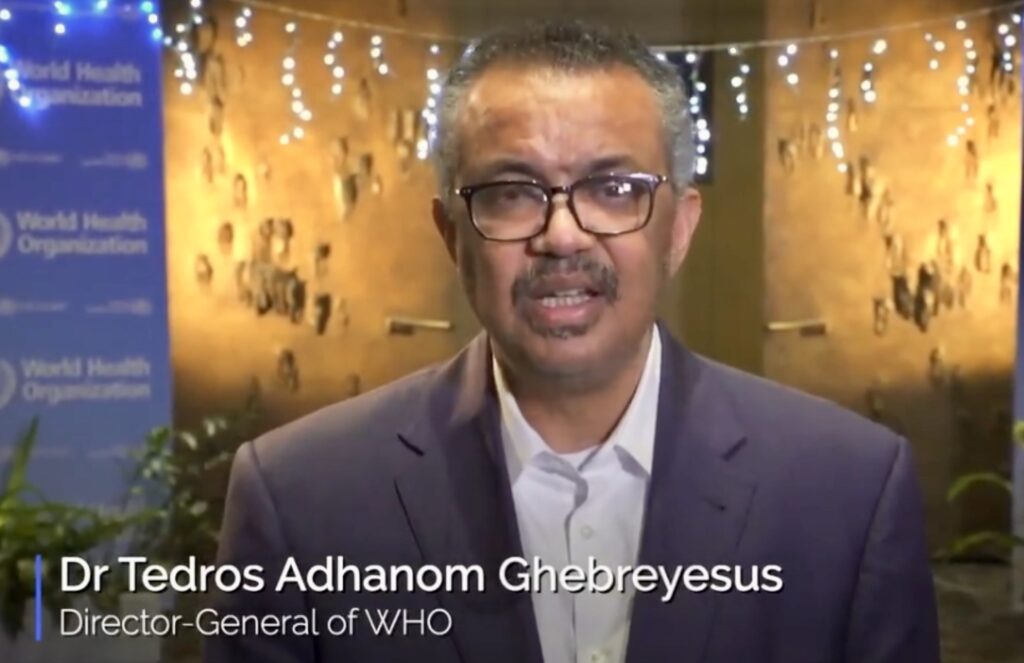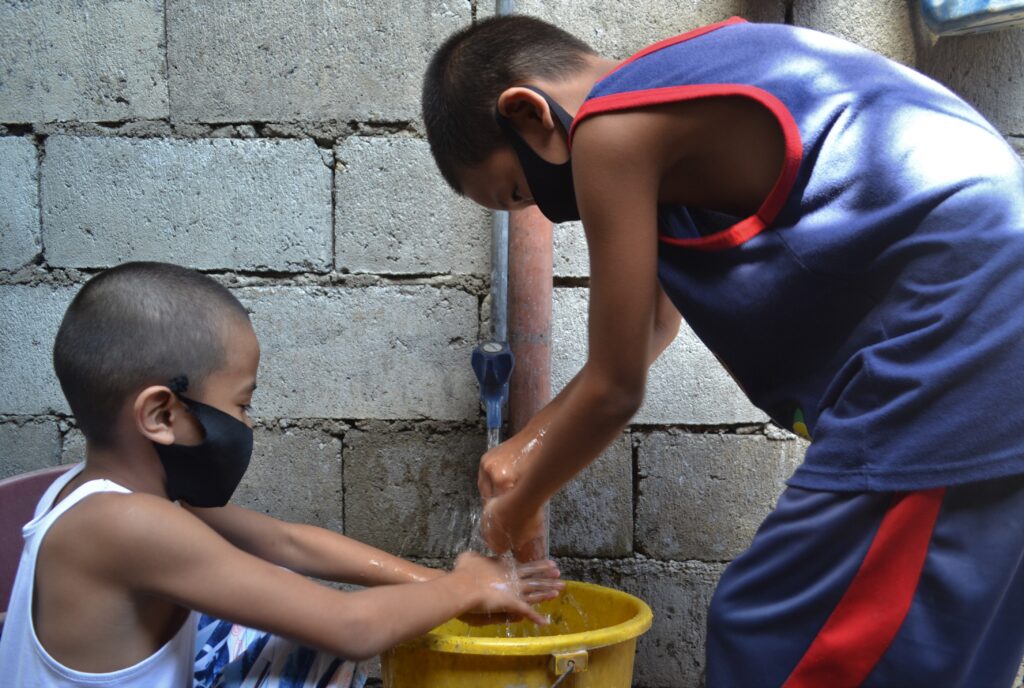By Henrylito D. Tacio
The world celebrated Christmas 2019 with much fanfare. But before the year ended, an outbreak of a novel coronavirus was reported in Wuhan, China. It became an epidemic when it spread not only in Wuhan but in other parts of China.
On January 30, Dr. Tedros Adhanom Ghebreyesus, the World Health Organization (WHO) director-general, declared the outbreak – then without a name – a Public Health Emergency of International Concern. The declaration is WHO’s highest alarm level – a rallying call to all countries to immediately take notice and take action.
On March 9, 2020, Dr. Tedros said in passing during a press conference: “Now that the virus has a foothold in so many countries, the threat of a pandemic has become very real.” It was called coronavirus disease 2019 (COVID-19), and the virus that causes it was named SARS-CoV2 as it is a distant cousin of the virus that causes Severe Acute Respiratory Syndrome.
Two days later, he declared at a press briefing in Geneva: “Pandemic is not a word to use lightly or carelessly. It is a word that, if misused, can cause unreasonable fear, or unjustified acceptance that the fight is over, leading to unnecessary suffering and death.”

The last time a pandemic was declared was in 2009 yet when a novel influenza A called H1N1 – called popularly as swine flu – spread quickly from the United States to the world. The CDC estimated “151,700 to 575,400 people around the globe died from infection during the first year the virus circulated.”
“This is not just a public health crisis, it is a crisis that will touch every sector – so every sector and every individual must be involved in the fight,” Dr. Tedros pointed out. “I have said from the beginning that countries must take a whole-of-government, whole-of-society approach, built around a comprehensive strategy to prevent infections, save lives and minimize impact.”
One year later, COVID-19 is still very much around. In the Philippines, 472,532 cases were reported as of December 30, according to the Department of Health (DOH). Of the total, 23,793 were considered active cases. Registered total recoveries were 439,509, while fatalities were 9,230.
There are already vaccines available, but the Philippines has yet to immunize its people. But what’s really pressing is that a new variant of the SARS-CoV2 has been reported in the United Kingdom and South Africa.

Although there’s “no evidence yet” that the new variant has already reached the country, the government has taken a precautionary measure by imposing a travel ban on the UK and 19 other countries. The ban took effect on December 30 and will be executed until January 15, 2021.
At the Geneva headquarters, Dr. Tedros delivered a timely message: “As people around the world celebrated New Year’s Eve 12 months ago, a new global threat emerged. Since that moment, the COVID-19 pandemic has taken so many lives and caused massive disruption to families, societies, and economies all over the world.”
But the good thing about it is that the pandemic “also triggered the fastest and most wide-reaching response to a global health emergency in human history.”
The past year saw the world unite against the virus, from small personal gestures to protect others to international collaboration on research and innovation.
“The hallmarks of this response have been an unparalleled mobilization of science, a search for solutions, and a commitment to global solidarity,” Dr. Tedros stated. “Acts of generosity, large and small, equipped hospitals with the tools that health workers needed to stay safe and care for their patients.”

The WHO chief said that outpourings of kindness had helped society’s most vulnerable through troubled times. The year ends with COVID-19 vaccines rolling out – an extraordinary feat.
“Vaccines, therapeutics, and diagnostics have been developed and rolled out, at record speed, thanks to collaborations including the Access to COVID-19 Tools (ACT) Accelerator,” Dr. Tedros pointed out. “Equity is the essence of the ACT Accelerator, and its vaccine arm, COVAX, which has secured access to 2 billion doses of promising vaccine candidates.”
Vaccines offer great hope to turn the tide of the pandemic, according to Dr. Tedros. “But to protect the world, we must ensure that all people at risk everywhere – not just in countries who can afford vaccines – are immunized.”
To accomplish this, COVAX needs just over US$4 billion urgently to buy vaccines for low- and lower-middle-income countries. “This is the challenge we must rise to in the new year,” Dr. Tedros said.
In a statement released to the media, the United Nations health agency said there’s still so much to do in 2021. “The pandemic still rages in large parts of the world,” it said. “There are massive funding gaps.”
For his part, the WHO head reminded how divisions in politics and communities feed the virus and foment the crisis. “But collaboration and partnership save lives and safeguard societies,” he stressed.
“In 2020, a health crisis of historic proportions showed us just how closely connected we all are,” Dr. Tedros said in his message. “We saw how acts of kindness and care helped neighbors through times of great struggle.
“But we also witnessed how acts of malice, and misinformation, caused avoidable harm. Going into 2021, we have a simple yet profound choice to make: Do we ignore the lessons of 2020 and allow insular, partisan approaches, conspiracy theories, and attacks on science to prevail, resulting in unnecessary suffering to people’s health and society at large?”
He continued: “Or do we walk the last miles of this crisis together, helping each other along the way, from sharing vaccines fairly to offering accurate advice, compassion, and care to all who need, as one global family.
“The choice is easy,” he concluded. “There is light at the end of the tunnel, and we will get there by taking the path together. WHO stands with you – We Are Family and We Are In This Together.”
During the first-ever International Day of Epidemic Preparedness, Dr. Tedros pointed out: “History tells us that COVID-19 will not be the last pandemic. We must commit to end the cycle of panic and neglect and invest in preparedness now so that our children inherit a safer, more sustainable world.”

